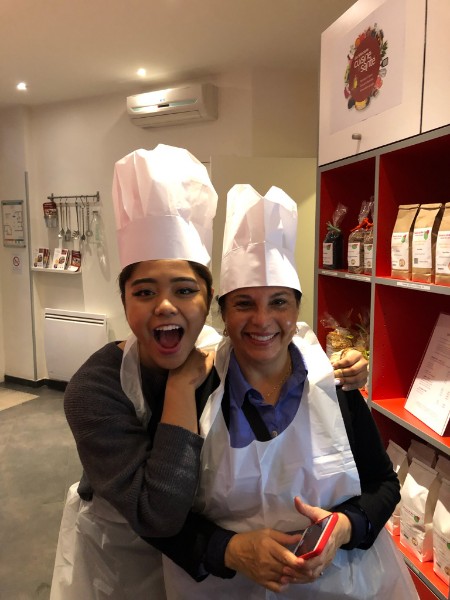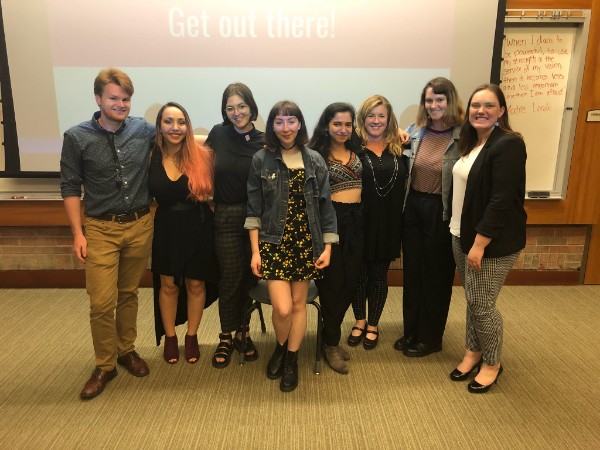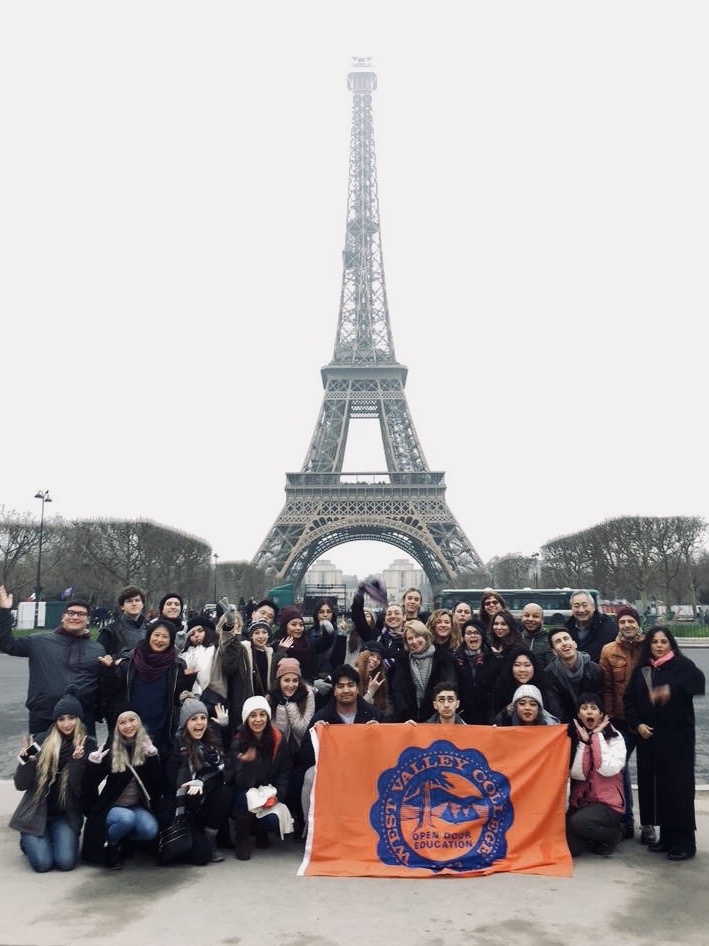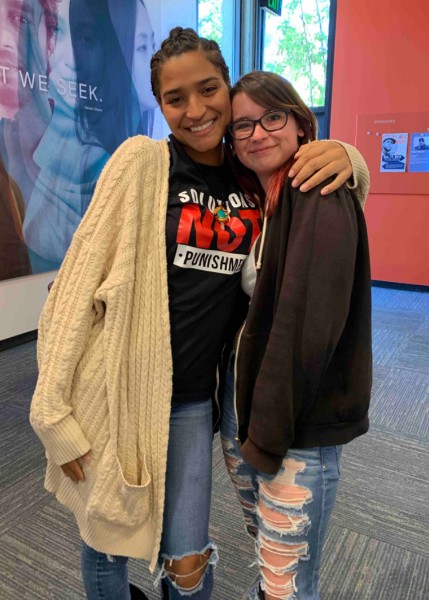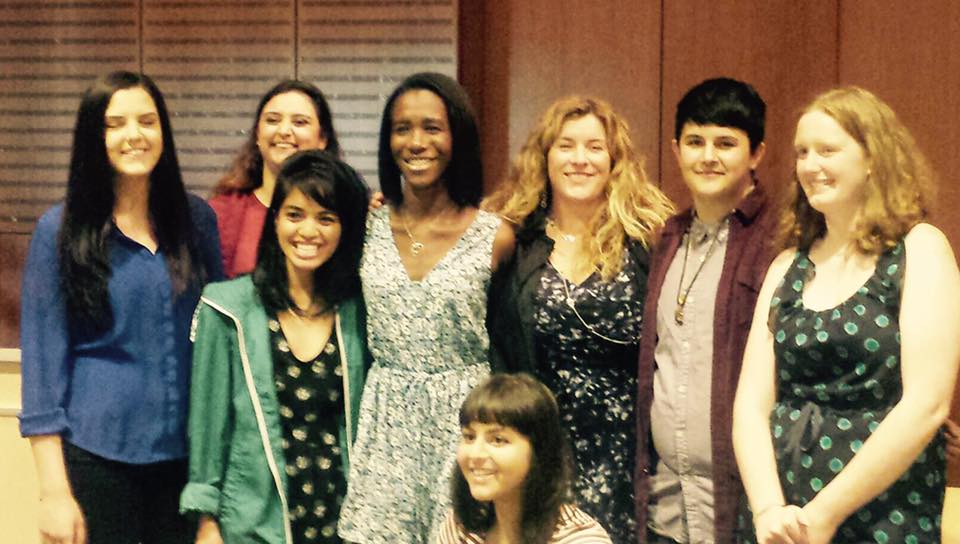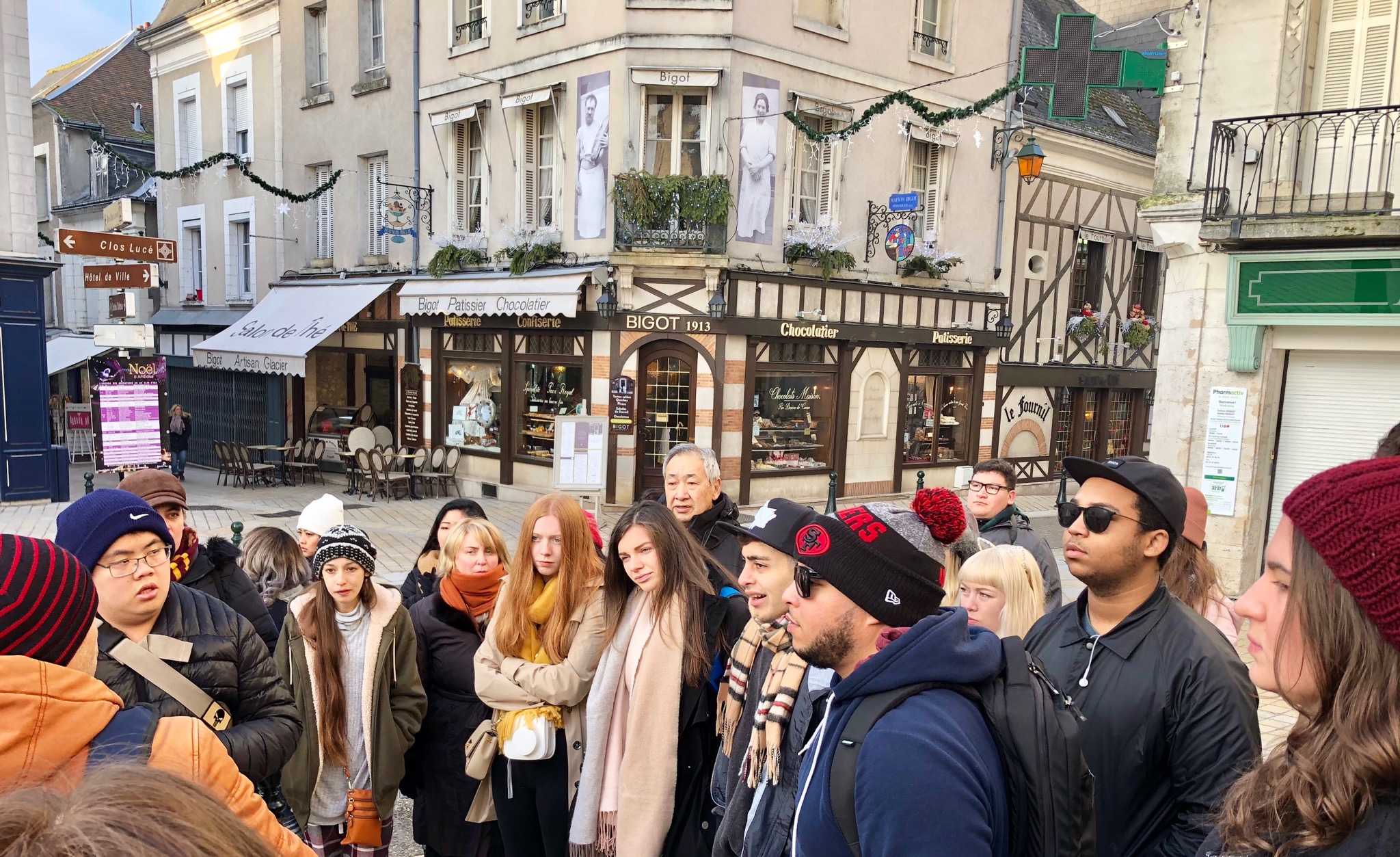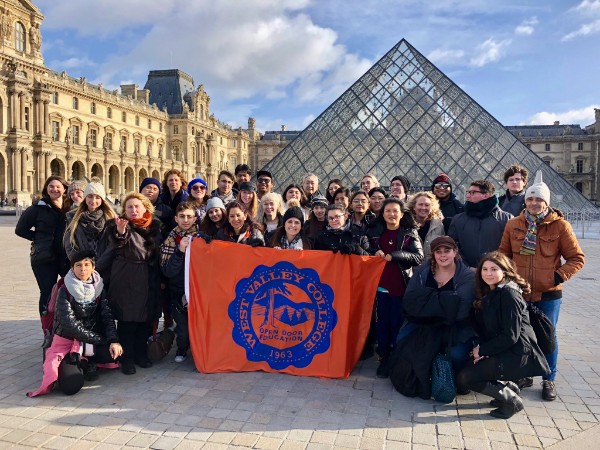
Women, Gender, and Queer Studies offers students an interdisciplinary, social justice approach to examining the complex ways that gender informs identity, with an emphasis on the intersection of gender with other identity markers such as race, class, sexuality, ability, ethnicity, nation, and religion, in cultures around the world. A field at the forefront of multicultural and transnational scholarship, Women, Gender, and Queer Studies is dynamic and constantly evolving. Drawing on concepts from Global Feminist Studies and Queer Theory, WGQS courses challenge students to analyze gender and sexuality as social constructs both performative and fluid; to think critically about power dynamics based on race, gender, sexuality, social class, ability, and nation; and to develop global perspectives on inequality, development, and human rights issues. In WGQS core courses, students study the historical changes forged by the Suffrage, Civil Rights, Gay liberation, and Labor movements, while they examine contemporary social justice movements and activism in their local communities and around the globe on topics ranging from voting rights to representation in government, from sex work to human trafficking, and from the wage and education gaps to the division of labor.
The A.A. degree in Women, Gender, and Queer Studies prepares students to contribute to dialogue on issues of fairness and justice locally, nationally, and globally. The WGQS AA helps students prepare for careers in professional fields such as law, education, psychology, administration of justice, and social work; for positions in government agencies and non-governmental organizations focused on human rights and social justice; and for transfer to universities offering students opportunities to engage in advanced scholarship in the vibrant, expanding field of Feminist, Women, Gender, and Queer Studies. Prerequisites for the Women, Gender, and Queer Studies A.A. degree: none. Recommended preparation: completion of English 1A.

